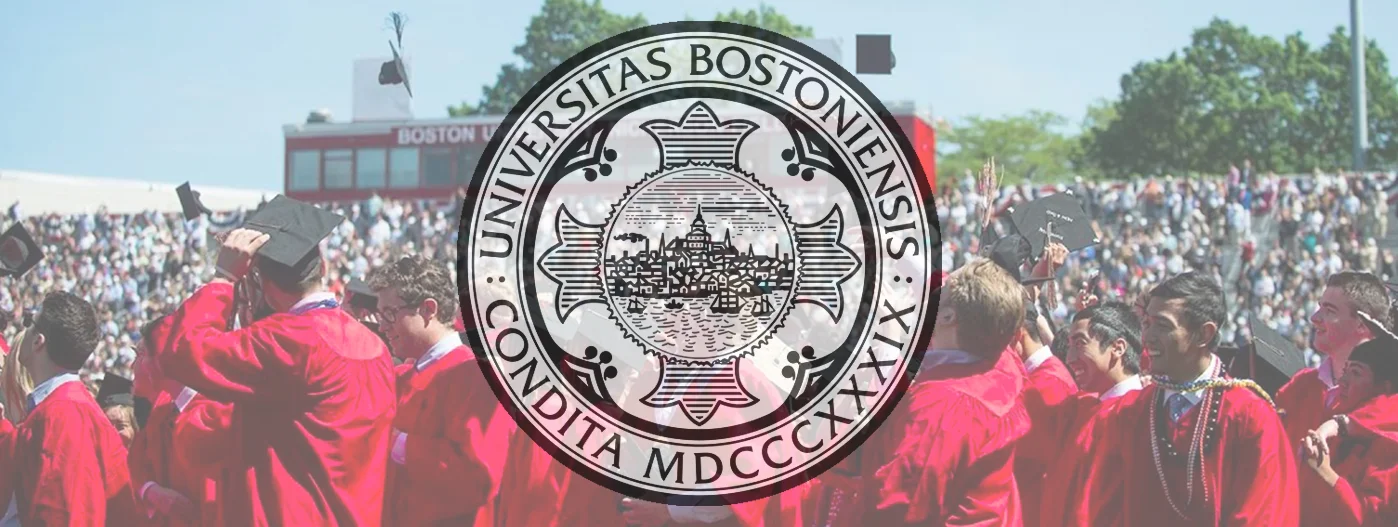Sports Talk Radio
Chalk it up to differences of taste; while I enormously respect what our guests Rob “Hardy” Poole and Jim Murray do (and am tremendously appreciative of the time they spent with us), I simply didn’t find them entertaining.
In fact, while I find the concept of their professions immensely interesting, I left the seminar with this one conclusion, scribbled at the bottom of my notebook: the only difference between the kind of programming Poole and Murray produce and the sort of content created by the wildly popular Top 40 radio station I used to intern for (104.1 KRBE) is that the latter will actually elicit a laugh or two in the morning.
Once again, I emphasize difference of taste. I, myself, have always had a strong aversion to the dry, sarcastic style that Murray particularly enjoyed employing. Especially when discussing the backlash they receive from angry listeners, the deadpan personalities projected a sort of defensive, tough-guy mentality – one that I understand must be essential (having only briefly tasted criticism of that kind before).
“Some days you don’t have the thick skin for it,” explained Poole in what I felt was, outside of discussing their love of rock music, was one of the few earnest things either of them conveyed. I, personally, wish they would have set aside the act for a little bit longer.
But I won’t harp on their styles. Instead, I’ll focus on their work.
Journalism or no? I have to firmly side with Jake De Vries’ point, and say no – with one caveat.
I don’t believe, based upon his comments before Murray arrived, Poole, would have disputed that claim. He defined his role as “giving an informed opinion,” which, by its very biased nature, rules out most journalistic pursuits.
He then explained that his two greatest concerns were garnering the greatest number of listeners possible, and, subsequently, generating the most advertising revenue. Once again, both things that quite readily conflict with any sort of “journalistic code.”
I will, however, agree that there was an attempt to convince; in this case, I believe our guests may have beefed up the perception of the work that goes into producing these kinds of shows. I won’t pretend that my four months of work on morning radio give me ultimate authority in making these claims, but, just by observing the above included link of Poole and Felger, it’s clear that there isn’t the kind of stress or rigor to the environment that a beat reporter might experience.
It’s a talent, to be certain. As Poole pointed out, not everyone could speak on end for four hours, five days (or sometimes six) a week. They’re relatable. But part of what makes them relatable is because, at some point, all of us have sat with friends and had the same conversations. In many cases, those of us who have spoken to the athletes themselves may be “more qualified” to do so than a guy like Murray who refuses to.
While I was beginning to consider all of these things, Professor Shorr’s question to me reemerged: Do I listen to sports talk radio in Houston? It’s a rarity. But, strangely enough, my radio is perpetually playing.
To piggyback off of Rachel Blauner’s prognosis for the future of sports talk radio, I firmly believe that, with the exception of a few markets such as Boston (which both men admitted to be uniquely passionate about sports), the end is near.
Murray stated that, despite the eventual dismantlement of radio towers, the format of radio seems to be sustainable. I don’t disagree.
Morning programming like KRBE’s “Roula and Ryan Show,” is pure entertainment. It promises nothing but a distraction from your commute and a dash of pop culture debate. It’s a forum where, quite conceivably, an entire four-hours could be dedicated to Skittles. No one would be disappointed.
But there is real potential for disappointment in sports talk radio. At what point does sports talk radio cease being about sports at all? As was established throughout the course of the seminar, there’s little sense in conveying what happened in a game (or at least dwelling on such a topic). Push notifications have reduced and simplified such a task to a headline. Sports news itself, beyond the radio, has experienced a collision with pop culture. Should a station such as The Sports Hub begin spending increasing amounts of time discussing topics such as Alex Rodriguez’s new girlfriend or Big Papi’s new haircut (to bring back an old argument) like the rest of the mobile sports world, it’s entirely possible that it will find itself, somewhere down the line, much further away from the golden age of AM radio and at the doorstep of a program hosted by 104.1 (which, ironically, is produced by Eric Rowe – a good friend of 98.5’s Rich Shertenlieb).
They discuss JJ Watt’s possible romantic flings, too.
It’s inevitable that the show relies on entertainment. No one tunes in to be bored, but it cannot be at a cost to the sports content.
Which, coincidentally, they are steadily losing a grip on. If I can get my scores from a tab on the right side of my phone (a feature provided to my android via Yahoo! Sports), my analysis from an ESPN app and trending sports news from Bleacher Report, there’s effectively no need for me to turn my radio on except for pure enjoyment.
And I’ll find my jokes elsewhere.

